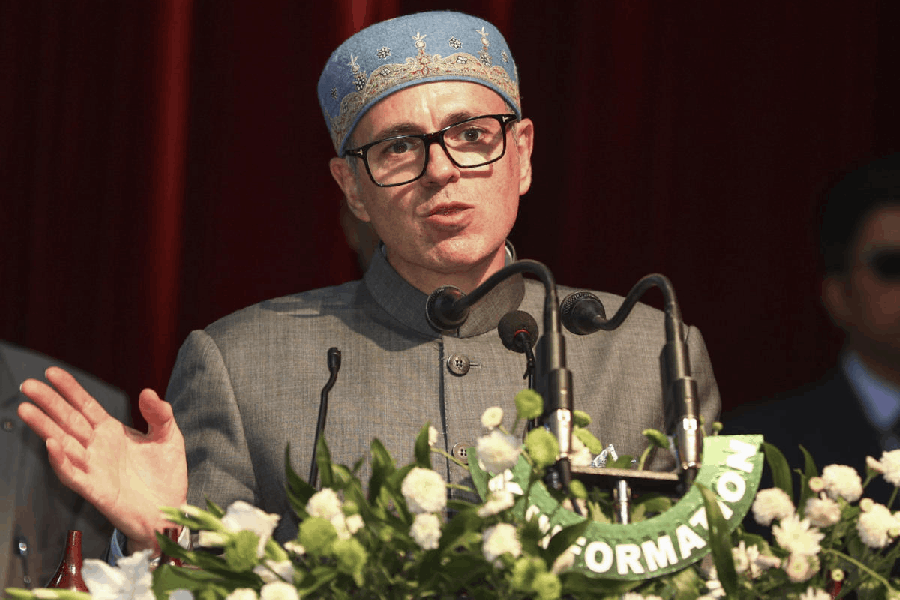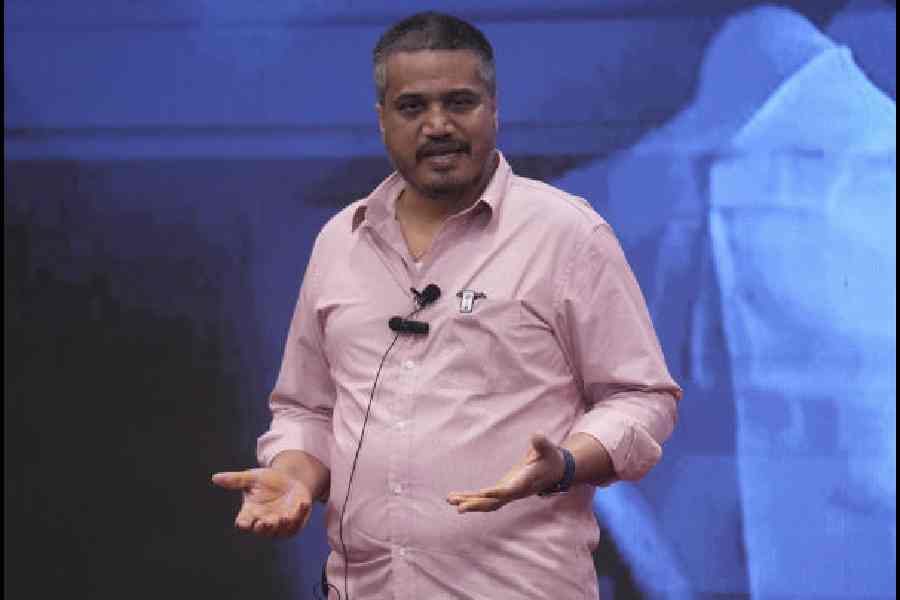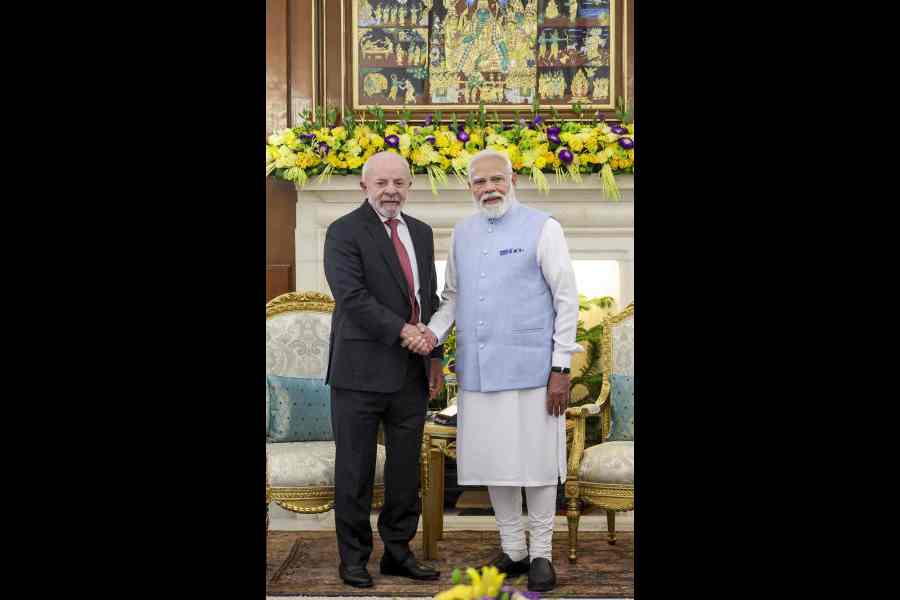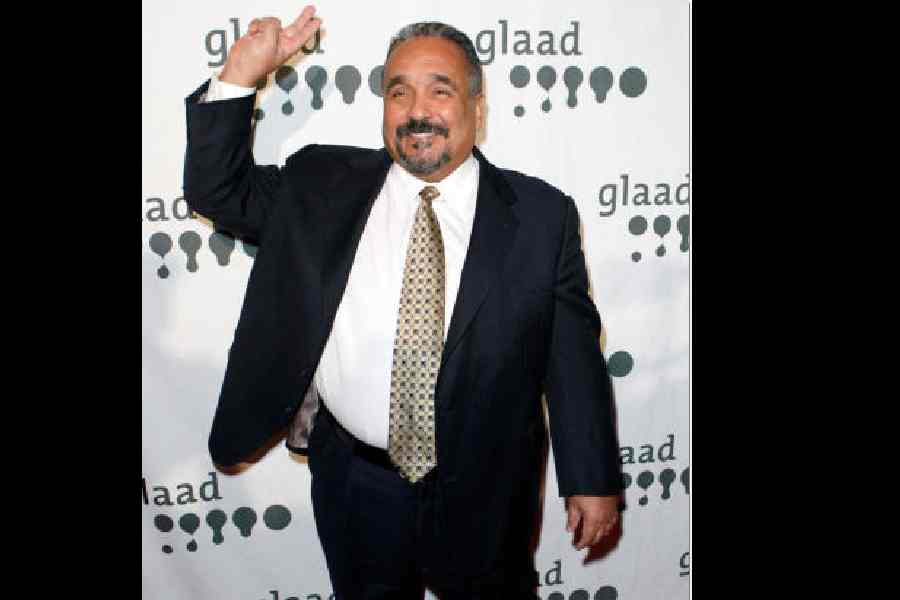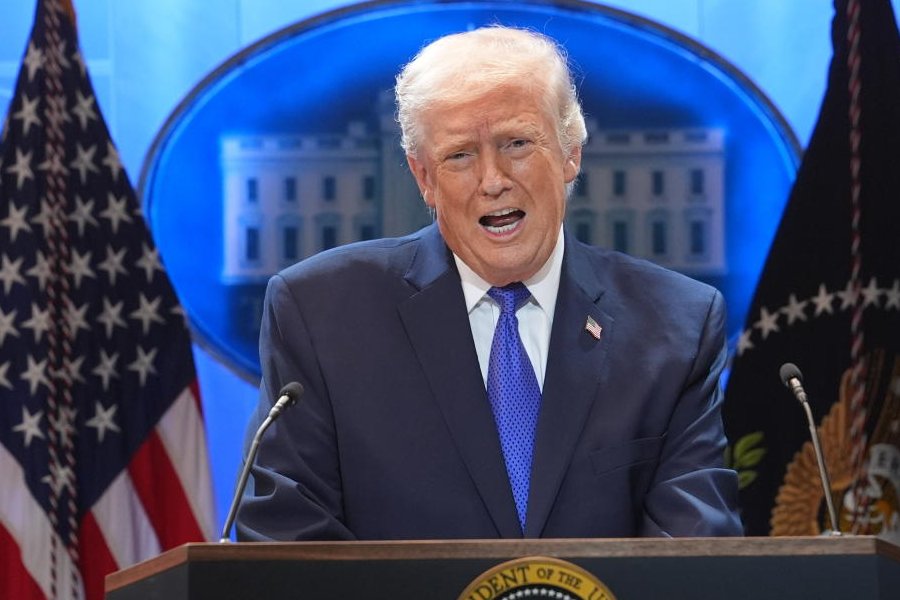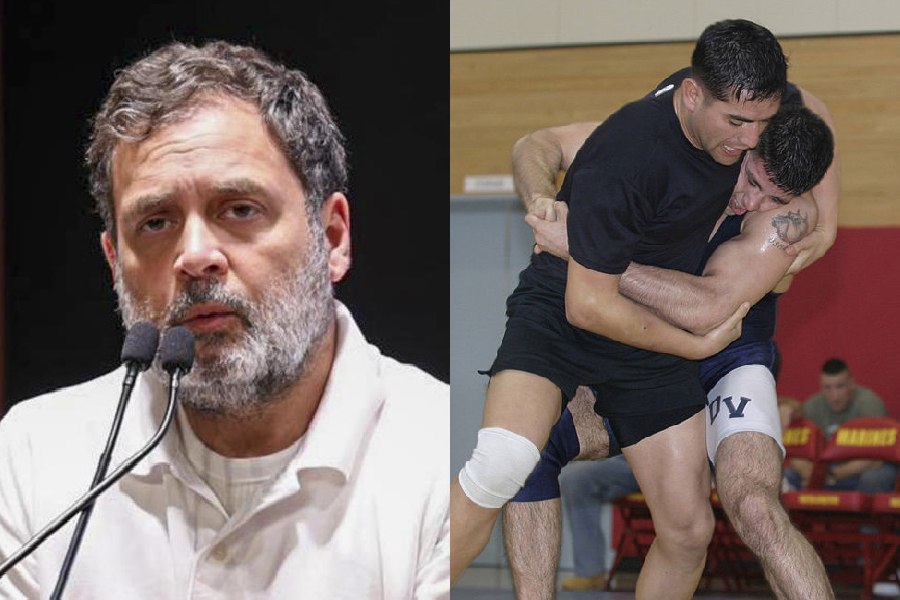 |
| Mrinal Hazarika (second from left) and Joon Bhuyan (in white shirt) after the news meet on Thursday. Picture by Ripunjoy Das |
Amarpur (Sadiya), June 26: It is a long road to peace, indeed. Crossing the Brahmaputra and the Dibang rivers — both in spate — by country boat, a 10-km ride on a mobike and a 5km walk through unformed roads made slushy by overnight rains.
But for the militants, it is a terrain they are used to, having been forced to stay underground and away from the prying eyes of government spies and security personnel.
And even as peaceniks now, it is this terrain they chose to make their first public appearance after declaring a unilateral ceasefire on Tuesday.
Leaders of the A and C companies of Ulfa’s 28 battalion today said they had chosen to break organisational discipline in the interest of peace in the state.
“We had tried to reason with our central leadership, but our efforts failed and we decided to declare the truce on our own,” said Mrinal Hazarika, former commander of the 28 battalion.
They are now expecting that their action would build enough pressure on the leaders to come forward for talks with the government to find an amicable solution to the decades-long insurgency problem. “People want peace,” he said. Addressing a news conference in this small village in Sadiya subdivision of Tinsukia district, Hazarika said they would not be sitting for talks, their leaders would have to.
He said before taking the decision to declare the ceasefire they had held discussions with representatives of citizens’ groups, officials of both state and Union governments and state police.
He said their declaration of ceasefire should not be construed as a split in Ulfa.
Seemingly disappointed with Ulfa’s central leadership and in an oblique reference to those who were at a distance from ground realities, Hazarika said when there was a death in the family only the members and those near felt the pain. “Not those who are far away,” he said, as several cadres armed to the teeth waited outside the village community hall where the news conference was held.
The community hall is next to the residence of Jagaran Doley, an Ulfa militant from the area, who was killed in April 2007.
Along with Hazarika, there were Joon Bhuyan, Moon Borah alias Jiten Dutta, Antu Sonowal and Maradona Russell.
On the issue of sovereignty, Hazarika said even after all these years of a bloody struggle, Ulfa had not achieved its cherished goal. “Even if we assume that we’ll get sovereignty after another 20 years, the indigenous people may not be there to enjoy it,” he said, referring to the continuous immigration.
He, however, denied that Ulfa was not concerned over the issue of migrants as reflected in the leadership’s silence. “That is not true... we are equally concerned, but it is an area which the government of India has to take care of, like fencing the borders and updating the National Register of Citizens. There was no point in us getting into it,” he said.
Pointing to another area of difference with the central leadership, Hazarika said they had objected to the inclusion of certain individuals as members of the Peoples Consultative Group but were turned down. He, however, did not name the members they had objected to. “The PCG has been an abject failure.”
Given that the 28 battalion was mainly involved in the killing of Hindi-speaking people in Upper Assam, Hazarika said the thinking in the organisation at the time had been that such action always woke up Delhi.
He also said the Ulfa leadership never approved of killing of innocents.
“Our instructions have always been clear and that is to target security forces. Our cadres have always tried to plant bombs where security force personnel were expected but some times innocents got killed. But we did not keep quiet... we would take such cadres to task... we did feel bad,” he said.





